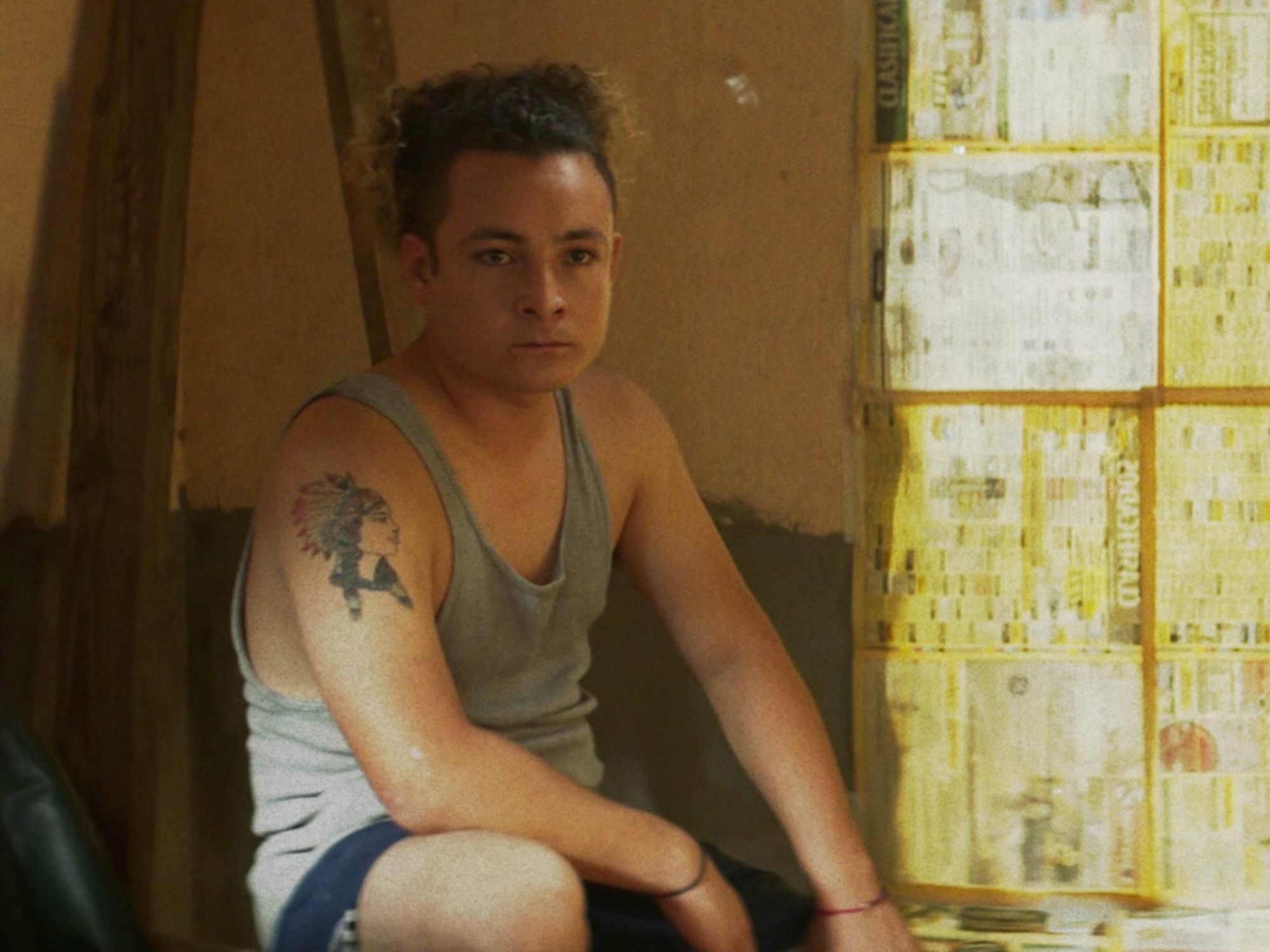
- Golden Globe Awards
Cadejo Blanco (Guatemala/Mexico/USA)
In some Latin American countries, a Cadejo blanco is a mythological being in the form of a wolf, who lives at night and appears to protect drunken travelers or people who pass through solitary places. There is also the Cadejo negro whose mission is to abduct passersby.
This is the metaphor used in the film Cadejo Blanco to tell the story of Sarita (Karen Martinez), a working-class girl from Guatemala City who, after her sister’s disappearance, travels to the coastal town of Puerto Barrios to get hold of Andrés (Rudy Rodriguez), her sister’s dangerous ex-boyfriend, and infiltrate his gang, convinced that the group has a hand in her sister´s disappearance. With an unflinching determination to discover the truth, Sarita becomes more and more involved with Andrés and the deadly world of his gang.
On her path to revenge, Sarita will encounter the dark side of her country that she had heard about but preferred to ignore that of systematic robberies and kidnappings, child prostitution rings, cold-blooded murders and corpses in swimming pools.
North American director Justin Lerner, after making two dramas in his native country, the acclaimed Girlfriend and The Automatic Hate, dares to tackle the social reality of Guatemala, his host country, delving into the serious crisis that the Central American country is suffering because of the gangs, and examining how this particularly affects women.
Hence, the filmmaker’s plea for women’s speaks directly to a portrait of this phenomenon and shows how the old ways trap the new generations.
At the 25th edition of the Málaga International Film Festival, Lerner explained at a press conference that Cadejo Blanco was made with a non-professional cast that has experienced first-hand the criminality and violence of the streets of Puerto Barrios. He told the press that he built the script after three years of research and interviews in the city of Puerto Barrios. “We wrote a text based on real stories told to us by the barrioporteños themselves. Later we came back with the plot of the film so that they could give us their feedback.” The director added that they conducted the casting process in the streets of the city and added that some people represent themselves in the film.
He also acknowledged leaving space for the actors, noting that the script does not contain any of his own words for the dialogue: “From the words they used I chose my favorites: it was a very long process, but it was worth it because now their own dialogues appear in the film,” said the filmmaker.
The film has collaborated with an NGO to help the cast that participated in the shooting to be able to work in cinema. “The film has two objectives: to show the world the life there and also to give opportunities and look for ways to get out of this precarious way of life,” concluded Lerner.